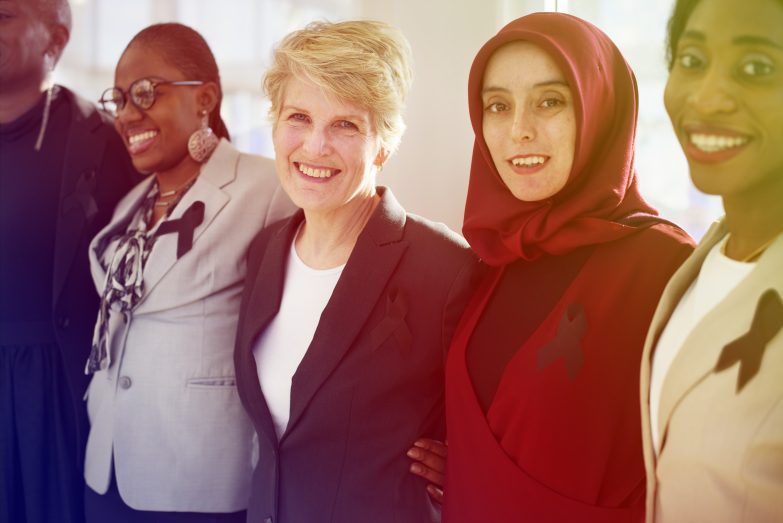Whatever happened to stubborn predictability? “Stubbornly predictable”… that’s how a recent article published by Crunchbase described the results of their study about female entrepreneurs getting funded. Or should we say, not getting funded?
We’ve heard it all before. Every year, it seems we get an updated statistic reiterating the same reoccurring problem … female entrepreneurs aren’t getting their share of funding from venture capital or angel investors. The same CrunchBase study went on to describe that thus far in 2017, only 15% of seed funding and only 11% of venture funding has gone to female founders. Bloomberg also recently released a study focusing on companies that raised over $20 million in venture capital last year. Their results indicated that only 7% of those founders were women. Even scarier, these studies are actually BETTER than the results of studies in years past. A broader study conducted by Babson in 2015 found that only 2.7% of all venture funding went to women founders, and women of color represented even less.
There are endless studies published every year that are analyzing and reporting on this very issue and coming to the same disappointing conclusion, but there is clearly no “easy fix” solution here. In order to really address this, we need to take a closer look at the factors contributing to the problem. Of course, the most glaring and obvious assumption to make is that Venture Capital has always been a male dominated industry and with that, we understand that without diversity that any industry can fall victim to unconscious biases. Studies have shown that people tend to invest in people who look like them. Men do the same and prefer to invest in companies founded by men rather than women. This is the foundation of the challenge facing female led founders but there are other complexities that we must also consider.
Due to the lack of diversity there are other compounding effects, including but not limited to:
- Women are underrepresented in VC firms and Angel Investing Networks. The historical biases against women in this industry have resulted in few female founders actually attempting to raise capital and/or waiting until later stages to do so.
- Stereotype threat is a real phenomenon. This is true for any group of people that “feel themselves to be at risk of conforming to stereotypes about their social group.” Many of the unpleasant experiences with a male dominated investment landscape may have negatively impacted the confidence of some female founders and their faith in this process altogether.
- Women solve problems that lead directly to ROI. Male investors don’t relate to the products and services that female founders are creating and often require education about the market.
Of course, the problem is likely a combination of any of the above and more, and we certainly can’t say that just one of these factors is solely responsible for these “stubbornly predictable” annual results. What we do know is that our solution to this problem cannot be dependent on our ability to change the biases and mindsets of men in VC firms (let’s be honest). Instead, we can address the problem holistically and we can start by getting more women involved in angel investing and introducing a new way of raising capital that encourages and inspires female founders.
Forbes magazine reported in 2016 that there are 8.7 Million people in the United States who are wealthy enough to be accredited angel investors. Of those, only 3% are active angel investors actually investing in startup companies and of those, only 25% were women. This is an enormous untapped market of potential female investors who could be investing in startup companies and making a direct impact! Dymynd Angels is committed to seeing that happen and we’re confident that we will see a drastic change by increasing the number of active women investors in this community. “Women investors funding female founders” …. now that’s the kind of predictability we can all get behind.
So what’s preventing women from angel investing? We’d love to hear from you.
Tell us what would make YOU more comfortable and more excited to invest in startup companies….

